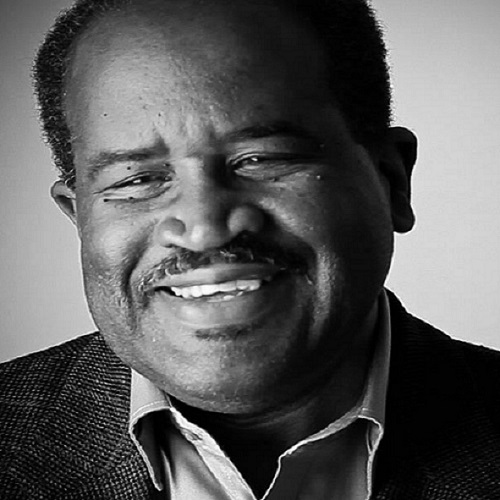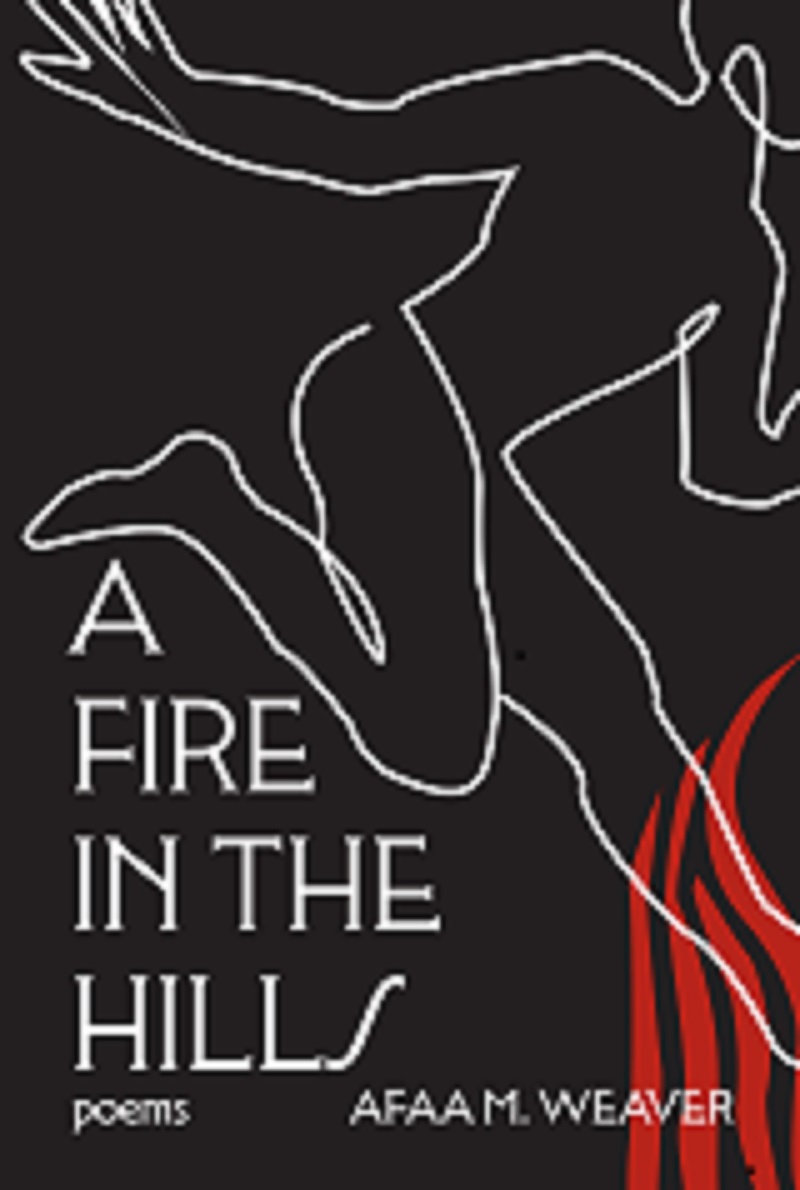In a fountain at the harbor, childrenwash themselves in water sprayingin the heat. They count themselves darkand light. The aircraft carrier sitsin the moist nothing of salt water, tonsof tons weighing in the soft splash.We count our wishes, to be free,to be at ease, to be in abundance.Above us spirits whirl in a thunderhead.On steps across from the slave mart,I peel an orange for the slow rip of its fleshin my thumb, the sweet dotting of my nosewith its juice. I suck the threads of it,gaze at the wooden doors now closed,at the empty space inside with iron hooks.I can see the white folks’ heads checkingavailable cash in front of naked Africanschained, bereaved, and listening toa cruelty yet to be born. I can smellthe congregation of odors, humans freshfrom slave ships or working in fields, andhumans fresh from beds of fine linen,sleeping with fingers in Bibles and prayers.This is not a petty thing because we havea rental car with an air conditioner, a tapeplayer, and various cushions. We have comefar to do this, to gaze out from the banksof this plantation river to the rice fields,to walk in Charleston. I keep the heatfrom threatening my life, and I wonderif I could have survived slavery to be old,if being old is all there is to live to be.I walk around the slave quarters and hearAfrican languages speaking in magnolias.
Charleston
Feature Date
- September 21, 2023
Series
Selected By
Share This Poem
Print This Poem
“Charleston” from A FIRE IN THE HILLS: by Afaa M. Weaver.
Published by Red Hen Press on April 11, 2023.
Copyright © 2023 by Afaa M. Weaver.
All rights reserved.
Reproduced by Poetry Daily with permission

Rachel Eliza Griffiths
Afaa Michael Weaver (尉雅風)—previously known as Michael S. Weaver—is a native of Baltimore, Maryland, where he graduated Polytechnic High School at the age of sixteen. After two years at the University of Maryland in College Park, he left to spend fifteen years working in Baltimore factories, during which time he wrote and published poetry, journalism, and short fiction, as well as founded 7th Son Press, through which he published Blind Alleys, a journal of contemporary poetry and prose. As of 2017, he has had fifteen collections of poetry published. In 2014, he received the Kingsley Tufts Award for The Government of Nature (U Pitt 2013), and in 2015, the Phillis Wheatley Book Award for City of Eternal Spring (U Pitt 2014). He has received four Pushcart Prizes and been published in two volumes of Best American Poetry. His other awards include the Mae Sarton Award, a Pew Fellowship in poetry (1998), a Fulbright appointment (2002) to teach in Taiwan, the Gold Friendship Medal (2005) from the Beijing Writers Association, and in 2017 a Guggenheim Fellowship in poetry. He lives in the Hudson Valley area of New York with Kristen Skedgell, his wife.
In A Fire in the Hills, Afaa focuses on one of the central threads in his body of work. His ongoing project of an articulation of self in relation to the external landscape of the community and the world and the writing of spirit through those revelations of sublimation of self gives way here to a material focus. The racial references are explicit as are the complexities of life lived as a Black man born in America in the mid-twentieth century. These are poems emanating from an attempt to follow Daoist philosophy for most of his life. Knowledge of other is in relation to knowledge of self, and self is an illusory continuum, a perspective wherein the poet embodies the transcendent arc of Malcolm X's life as credo.
The splendid A Fire in the Hills holds lyrical inventories, telepathic persona poems, “southern chants for spells,” “spinning top hairdos,” and invented forms. Afaa Weaver can write any kind of poem you can imagine. He is our black nonconforming formalist breaking free of form to shape a spirit of witness. He is both our sage bear-poet of wisdom and our wily fox-poet of mischief. He’s been writing long enough to resist all classifications except that of Master Poet.
—Terrance Hayes, author of Hurston/Wright 2019 Award for Poetry–winner, American Sonnets for My Past and Future Assassin.
Poetry Daily Depends on You
With your support, we make reading the best contemporary poetry a treasured daily experience. Consider a contribution today.




